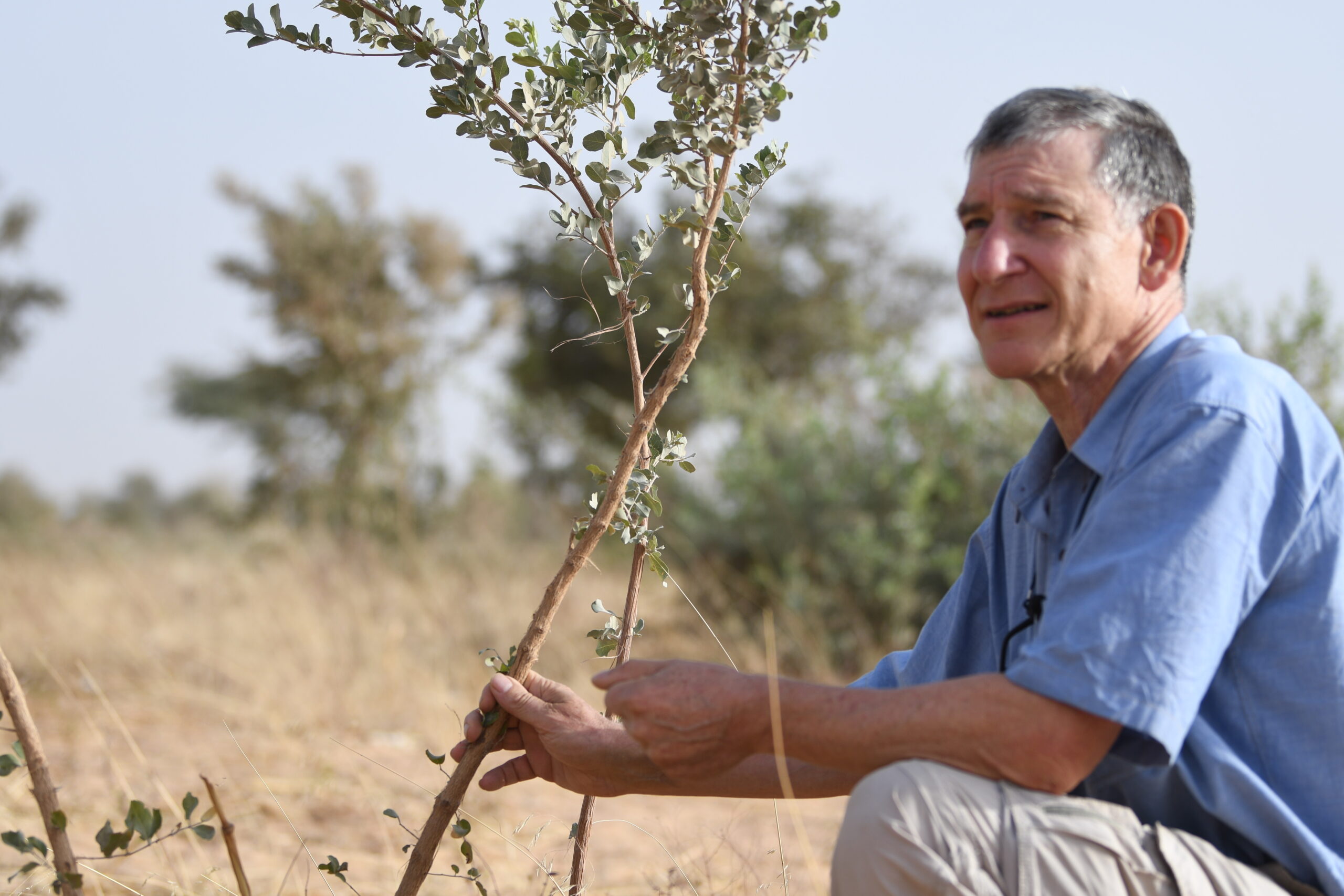Love Actually for nature
Alain de Botton recently wrote a very perceptive piece on how our hyper-romantic times have set us up for relational failure. He pointed out how Emma Bovary’s heady childhood reading gave her wildly unrealistic expectations for the actual business of living with a human being. The heart of his piece was this:
‘Representations of love in our culture have frequently been profoundly misleading at the psychological level. That we are quite so bad at loving – and the statistics on relationship breakdowns suggest we really are – is a problem that can at least in part be laid at the door of culture…What is lacking are crucial elements of wisdom, realism and maturity. Our love stories excite us to expect things of love that are neither very possible nor very practical.’
As I have been married for forty years this year and working for A Rocha, out of love for God and his creation, for thirty-three of them, he made me think. And I am sure he is on to something.

Greta Garbo and Melvyn Douglas in Ninotchka (1939)
It is now clear to Christian believers and others alike that it will not be technology, but a fundamental change in our deepest desires that will be how we can help the earth’s species and habitats survive the devastating assault to which we are subjecting them. But we need to think carefully if we are to hope that we can simply learn to ‘love nature’. What might that actually mean – what is love, actually?
In the same way that other people are complex, flawed, and difficult just as we are, so the biblical accounts indicate that the same cause of our own brokenness afflicts the wider creation too. In short, it is our broken relationship with God that has blighted all the others. So if we are to keep working for creation’s restoration it will demand more than hazy feelings of love, or regular immersion in slow-mo shots of cheetahs bounding over the plains to the strains of violins or drums. It will be dogged, realistic, wise, understanding, community-rooted commitment that will take us to the hard places where restoration makes a difference.
At the ecological end of our challenge we need those well-founded commitments to give us the endurance we need for the field work that will be necessary for many years of faithful presence in, for example, hot and insect-alive forests or freezing and hostile landscapes. At the decision making end of things, where politicians or business and finance investors find their choices, it may mean organizations and leaders who are prepared to sacrifice a few notches of financial profit so they can take on wider and wiser metrics of growth and success.
So we say yes to love for nature, but let’s be under no illusion about what true love may mean. Rather than looking towards a sunset glow of short-lived feelings about how beautiful everything is, or how our individual heroism might ‘make a difference’, we may find a more authentic pattern in the self-giving, sacrificial passion of Jesus that can be seen in the church at its best all around the world. Following in those ways could bring us a deeper wisdom even if it takes us on harder roads.
De Botton ends,
‘We merely need to tell ourselves more accurate stories about the progress of relationships, stories that normalize troubles and show us an intelligent, helpful path through them.’
Funnily enough, that is frequently why A Rocha people read the bible’s stories and often it is how they keep us going each and every day in our own conservationists’ love affair with creation.
We are happy for our blogs to be used by third parties on condition that the author is cited and A Rocha International, arocha.org, is credited as the original source. We would be grateful if you could let us know if you have used our material, by emailing [email protected].



Dear Peter,
Thank you for a thoughtful comment. Will you follow this up with a series on thoughts and suggestions on how Christians ‘fall in love’ and how they sustain that love with nature, expanding on your last sentence “that is frequently why A Rocha people read the bible’s stories and often it is how they keep us going each and every day in our own conservationists’ love affair with creation”?
Gary Mantle
Hello Gary, thanks so much for taking time to read this. I will certainly try to follow up as you suggest – my colleagues are great planners and so the blog posts are booked for a while to come, not least with some commentary from the World Conservation Congress where we are at present. So be patient but it will come. Meanwhile I think that Jonathan Edwards wrote some remarkable things about beauty and love for creation and you may wish to follow that trail! And how about this from David Bentley Hart, The Beauty of the Infinite: The Aesthetics of Christian Truth (with thanks to Philip Seddon for directing me to it!)